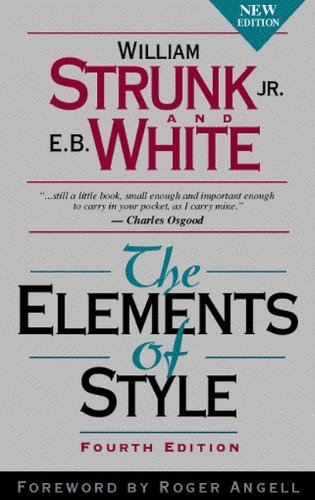Name: SandraRosa Bryant
Age: 23
College & Majors/Minors: Major: English/Creative Writing. Minor: African American Studies.
Current Location: Baton Rouge, LA
Current Form of Employment: Library Associate
Where do you work and what is your current position?
I am currently a Library Associate at Louisiana State University. During my senior year of college, I created a magazine for the club I was president of at the time, the Black Student Union. I was in charge of editing and layout and marketing and recruiting. It was a big job, but I loved it.
What did you do in college to prepare for your post-grad life?
I served as an officer (different positions) for the Black Student Union from my sophomore year to the senior year when I was in college. I was also on the Graduates of Color planning committee. I was an on-and-off memeber of a social justice organization called The Conversation. I also had an internship at a bookbindery in Seattle.
What all of these had in common in terms of preparing me for post-grad life was that they taught how to navigate in different settings. They taught me that not everybody thinks the same way and that if you want to connect with a person in as deep and as strong a way as possible, you're going to have to learn how to "speak their language" while still being genuine.
How did you find your current job?
When I graduated from college, my intention was to move to Detroit and find a job and live there for about 2 or 3 years so I could be near to my dad. Well, I did go to Detroit but I couldn't find a job. I had library experience and Detroit had recently shut down a lot of their libraries. When I realized that I needed a new plan, I started applying to library jobs all over the U.S. I didn't limit myself. After doing phone interviews with a few, LSU decided they'd like to hire me and I moved to Baton Rouge.
The application process for a lot of the jobs I applied to wasn't too bad but I was applying to a lot of places so at times it felt overwhelming. I had a generic but detailed cover letter that I tailored to each library I applied to.
Most of the employers were looking for very library-specific skills. They wanted someone who had worked 1+ years in a library and knew how to use cataloging software and understood classification schemes and that sort of thing. Most of them wanted people who had done behind-the-scenes tech work as well as public services work.
Since I was applying to a lot of out-of-state positions most of my interviews were phone-based. They were conference calls. Usually a group of 3-5 people would ask me questions about what my previous job was like, what I wanted to gain from the job I was applying for, and where I saw myself in five-ten years.
For the library jobs I applied for, no tests were involved but I did apply to work at a bookstore in Detroit and they had a test, but it wasn't a writing/editing test. They wanted to know if you could fit easily in a book store. They asked questions like "who wrote The Davinci Code" and "from the list below, which magazine would appeal more to men?" and "the register at the counter is broken and you don't have a calculator, a customer brought x and y for $13.98. They gave you a $50 bill. How much do you owe them?"
What is your advice for students and graduates with an English degree?
I think Indeed.com is a pretty good website for looking for work. I also think the internet can be your best friend but you have to be creative with it. Look at blogs that people in the field you're interested in have written and learn from them. Post a question on Reddit about things you're nervous or hesitant or curious about. Find a forum where people in your field post frequently and ask them for advice.
When I was in the process of interviewing for jobs and was stuck between whether to go with the library that wanted me or to wait and hear back from the one I wanted to work at, I went on LiveJournal, found a community of library workers, and asked for their advice. And they gave really good advice and if I hadn't followed it, I'd probably be nowhere near as happy as I am right now.
























































